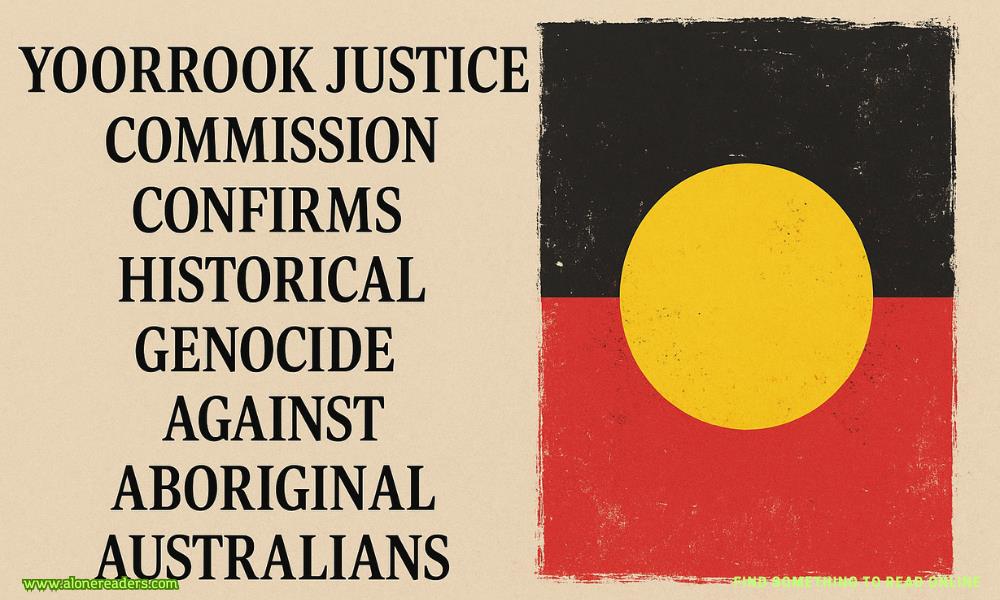Page 66 of Three Act Tragedy (Hercule Poirot 11)
“Do you know a place called Gilling, in Kent?”
“Gilling? Gilling, no, I don’t think I do. Why?”
“Well, you knew Mr. Babbington before, didn’t you?”
“Who is Mr. Babbington?”
“The man who died, or who was killed, at the Crow’s Nest.”
“Oh, the clergyman. I’d forgotten his name. No, I’d never seen him before in my life. Who told you I knew him?”
“Someone who ought to know,” said Mr. Satterthwaite boldly.
Miss Sutcliffe seemed amused.
“Dear old man, did they think I’d had an affair with him? Archdeacons are sometimes very naughty, aren’t they? So why not vicars? There’s the man in the barrel, isn’t there? But I must clear the poor man’s memory. I’d never seen him before in my life.”
And with that statement Mr. Satterthwaite was forced to rest content.
Nine
MURIEL WILLS
Five Upper Cathcart Road, Tooting, seemed an incongruous home for a satiric playwright. The room into which Sir Charles was shown had walls of a rather drab oatmeal colour with a frieze of laburnum round the top. The curtains were of rose-coloured velvet, there were a lot of photographs and china dogs, the telephone was coyly hidden by a lady with ruffled skirts, there were a great many little tables and some suspicious-looking brasswork from Birmingham via the Far East.
Miss Wills entered the room so noiselessly that Sir Charles, who was at the moment examining a ridiculously elongated pierrot doll lying across the sofa, did not hear her. Her thin voice saying, “How d’you do, Sir Charles. This is really a great pleasure,” made him spin round.
Miss Wills was dressed in a limp jumper suit which hung disconsolately on her angular form. Her stockings were slightly wrinkled, and she had on very high-heeled patent leather slippers.
Sir Charles shook hands, accepted a cigarette, and sat down on the sofa by the pierrot doll. Miss Wills sat opposite him. The light from the window caught her pince-nez and made them give off little flashes.
“Fancy you finding me out here,” said Miss Wills. “My mother will be ever so excited. She just adores the theatre—especially anything romantic. That play where you were a Prince at a University—she’s often talked of it. She goes to matinées, you know, and eats chocolates—she’s one of that kind. And she does love it.”
“How delightful,” said Sir Charles. “You don’t know how charming it is to be remembered. The public memory is short!” He sighed.
“She’ll be thrilled at meeting you,” said Miss Wills. “Miss Sutcliffe came the other day, and Mother was thrilled at meeting her.”
“Angela was here?”
“Yes. She’s putting on a play of mine, you know: Little Dog Laughed.”
“Of course,” said Sir Charles. “I’ve read about it. Rather intriguing title.”
“I’m so glad you think so. Miss Sutcliffe likes it, too. It’s a kind of modern version of the nursery rhyme—a lot of froth and nonsense—Hey diddle diddle and the dish and the spoon scandal. Of course, it all revolves round Miss Sutcliffe’s part—everyone dances to her fiddling—that’s the idea.”
Sir Charles said:
“Not bad. The world nowadays is rather like a mad nursery rhyme. And the little dog laughed to see such sport, eh?” And he thought suddenly: “Of course this woman’s the Little Dog. She looks on and laughs.”
The light shifted from Miss Wills’s pince-nez, and he saw her pale-blue eyes regarding him intelligently through them.
“This woman,” thought Sir Charles, “has a fiendish sense of humour.”
Aloud he said:
“I wonder if you can guess what errand has brought me here?”
“Well,” said Miss Wills archly, “I don’t suppose it was only to see poor little me.”















